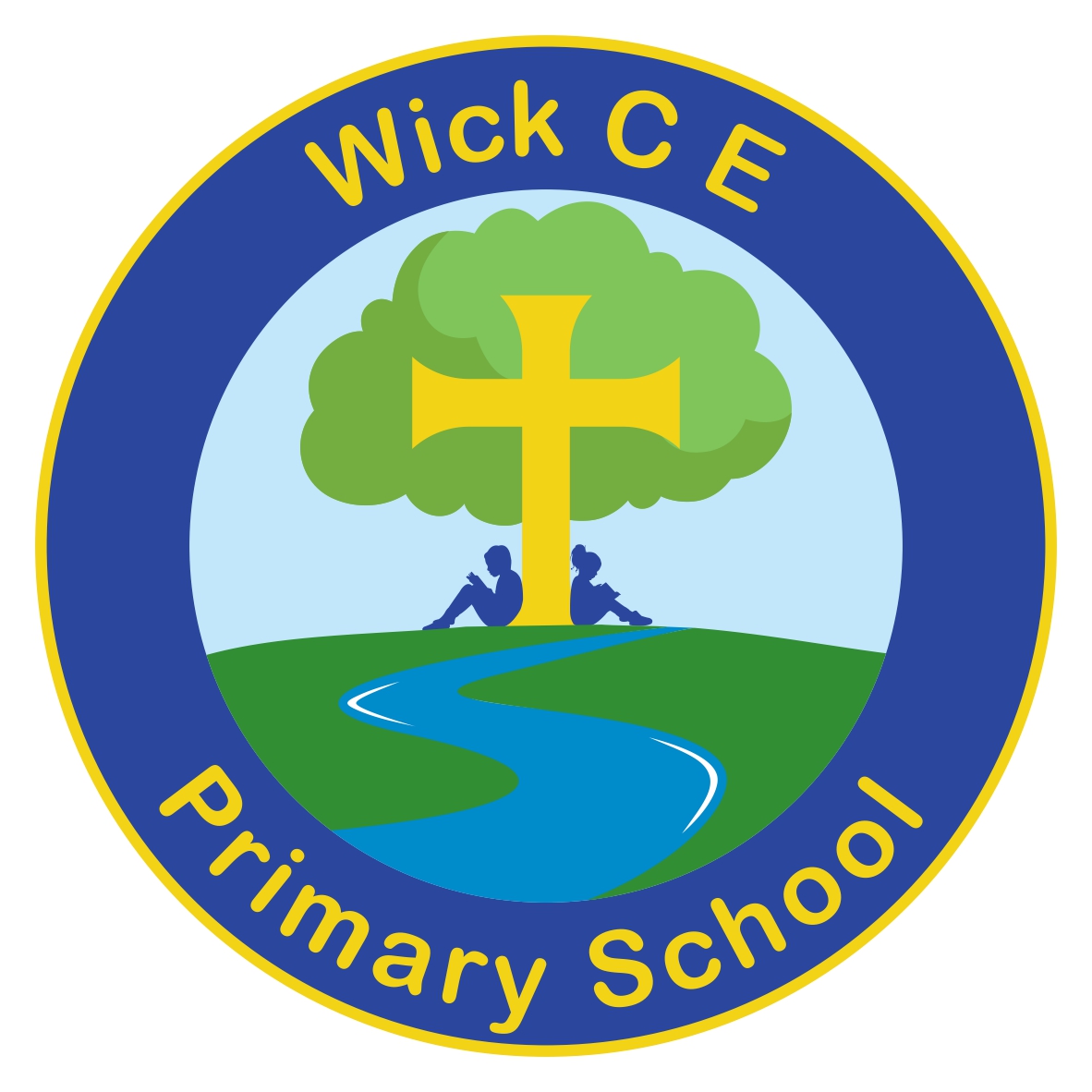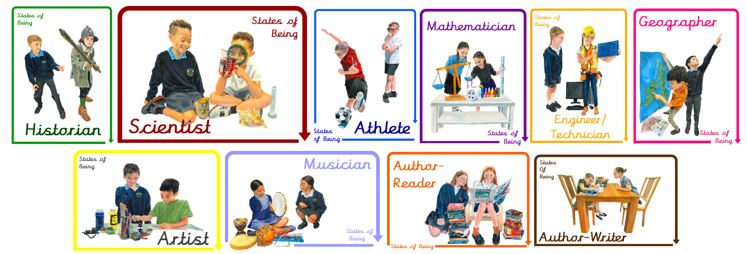Curriculum
Overview
The aim of our curriculum is to prepare our pupils, ensuring they are equipped with the full range of skills that allows them to be lifelong learners ready for the next steps in their education and as well as preparing them for the wider world.
We will help our children to be curious, ask probing questions and be brave in finding solutions. They will engage with the familiar and be engaged by the unusual; be immersed in language and communicate in multiple languages; know how to practise, be resilient and challenged; to be proud of their local environment and think on a global scale; work individually and add their voices to the many; to accept help, give charitably and embrace altruism; to love difference, be different and stand up for the rights of others just because it is the right thing to do. We want them to be relentlessly creative, critically curious and to live ambitiously.
How is our curriculum designed?
What is enquiry based learning?
In a nutshell, enquiry-led learning provides learners with key questions that are too big to answer in one go, but not so conceptually large that they do not understand. The purpose is to challenge learners to be different States of Being, such as Artists or Historians, and through a scaffolded process answer big questions by producing something, such as a piece of writing, performance or animation. The younger children tend to answer ‘what’ questions with tangible outcomes; Years 2, 3 and 4 tend to have ‘how’ questions with a mix of tangible and conceptual outcomes and the older children often answer ‘why’ questions in more abstract, conceptual or discursive ways.
What are states of being?
Our approach to the curriculum allows children to enter various states of being. To immerse themselves in specific roles and better understand the purpose of the work they are engaging in.
States of Being focus on our children actively using skills and knowledge for a purpose. They focus on giving experiences, talking to role models and creating aspiration. States of Being move away from content in subject boxes and uses clusters of knowledge that can easily be applied between subjects. By learning how to punctuate as an author, they can use this knowledge when they are being scientists as they start to understand that scientists also need to write to convey what they have discovered.
You will see them around our school on visual timetables, termly planning and newsletters, school displays, slides, in our assemblies and in books. We intend for our children to talk about being an author or a scientist.
Explaining our states of being
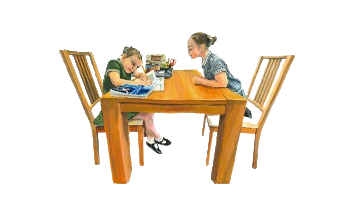 |
Authors... read a lot and use what they have read to help them write what is inside their heads. This means other people can read what they have written to help them understand something, entertain them or make life better. |
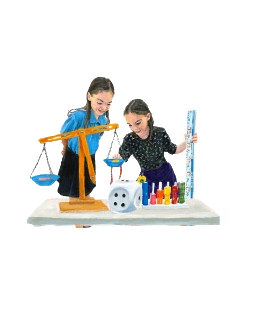 |
Mathematicians... use numbers to find solutions. Being a Mathematician can help with everyday things like shopping, cooking and travelling. The world is full of numbers so we often need to count, sort and measure things. |
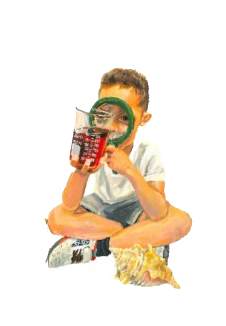 |
Scientists... ask questions about the world by looking closely at both big and small things, as well as things that cannot be seen easily. They constantly search for answers to understand the world better for everyone. |
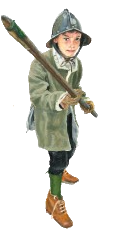 |
Historians... use things that have been left behind to understand what the past might have looked like. They use different sources to help understand people, places and stories throughout time. |
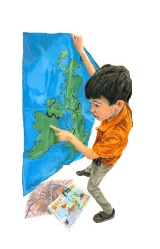 |
Geographers... understand the world above, around and below us by exploring, mapping and documenting. They make connections between cause and effect and how actions affect the natural and made world. |
|
Philosophers... try to make sense of the world by asking lots of questions. They particularly like 'why' questions and seek answers to difficult ideas like emotions, thoughts and ideas. |
|
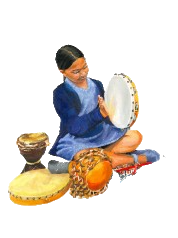 |
Musicians... express ideas and emotions using voices, tuned instruments or found objects. They communicate complex things in amazing ways through sound. Music can help communicate things that might be hard to say in just words. |
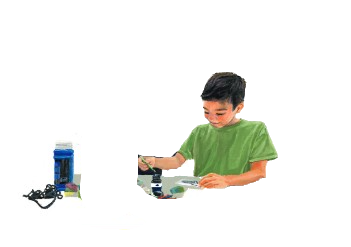 |
Artists... use different ways to communicate ideas and emotions. They can use a variety of things to help them represent the world around us like painting and drawing, sculpture or performance. Artists help us to understand the world from different perspectives. |
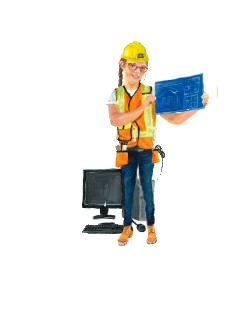 |
Engineers... try to find solutions to different problems. Engineers design things to be easier to use or work better like buildings and transport. They often try to improve things that already exist or create new versions. |
|
Linguists... understand the world through different languages. They love learning about faith, community and culture through understanding how people communicate in different places around the world. If we understand someone else's language, we not only can communicate with them, but understand how things might be different. |
|
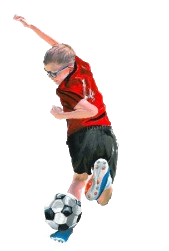 |
Athletes... are focused on being fit and healthy. They work hard at being the best they can be through listening to other people, problem-solving and keeping going no matter how tough it gets. |
